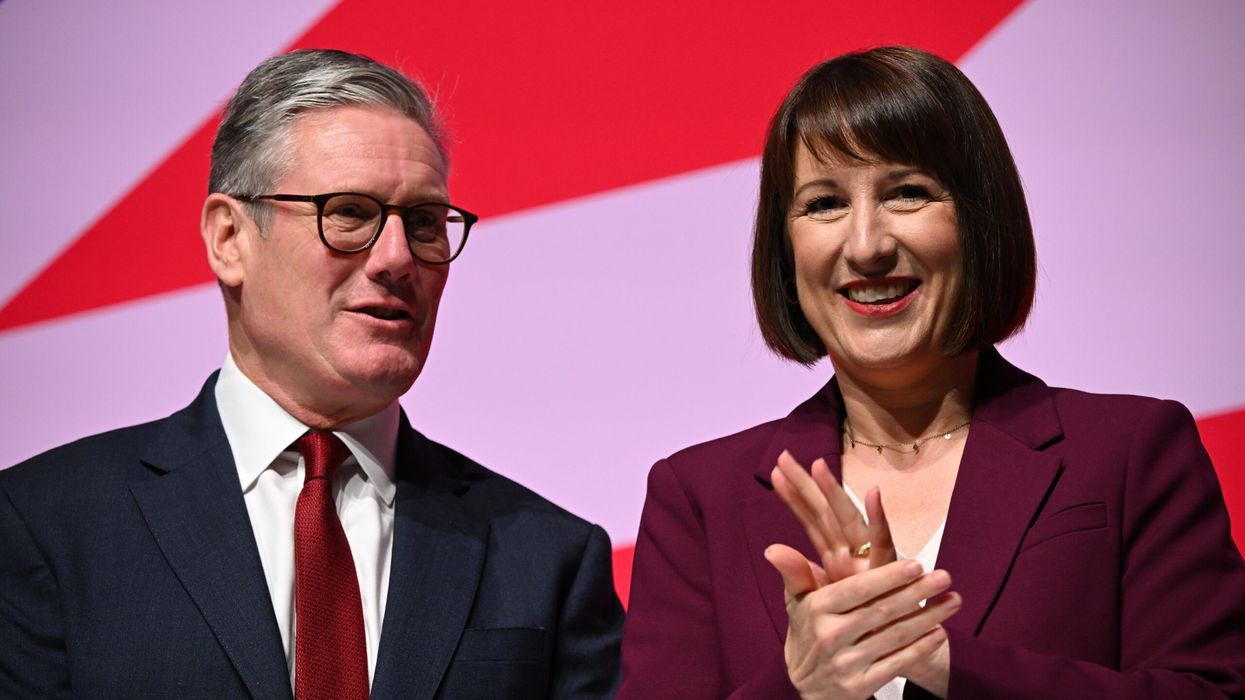"Change begins" is the Labour party’s conference message in Liverpool. Sir Keir Starmer is the fifth new prime minister in nine years to talk about taking the country on a journey of change.
Much of the public tend to discount talk of change until they see it happen. The Labour party’s MPs and members are certainly not among those who see the moment as more of the same – with their party back in government for the first time in 14 years. Indeed, this is the first newly-arrived Labour government this century.
The mood in 2024 is strikingly different to that of 1997. The parliamentary landslide is of a similar scale and the rejection of the Conservatives was even more brutal this time around – but there the similarity largely ends. In 2024, while it was clear what voters wanted change from, what they wanted to change to was more fragmented and contingent. Labour’s campaign secured, with precision, every constituency that it was targeting, but did so while taking only a third of the national vote.
Tony Blair’s first summer in office saw his reputation soar into the stratosphere, partly through the role he played in navigating the emotional response to the death of Princess Diana.
The Blair-Brown government went on to have a honeymoon period for three years before any of the usual laws of political gravity began to apply again. The Starmer government is not yet three months old but, in these grittier times, any political honeymoon period is already over without ever having really begun.
One of the new government’s first big tests was the outbreak of rioting and racist violence after the killings in Southport. The focus on swift and visible justice did restore order. That secured broad public approval. Those who have responded to the policing and prosecution of incitement and violence with complaints about a two-tier justice system are a vocal minority, misled by a media eco-system and online bubble into believing they reflect the public mood.
But the new government has struggled to obtain the share of public voice that might be expected. Media reports about donated clothes, glasses and football tickets risk being more than a distraction to fill a vacuum. Fragile public trust in politics makes fatalism – that change is not just difficult, but impossible – a major risk for this government.
Governments have to take many decisions, big and small. There are half a dozen things this government has done that might cut through to the public – but without forming a coherent, narrative whole. It quickly settled public sector strikes in transport and the NHS; it scrapped the Rwanda plan; it had to let prisoners out early because the prisons are full; it has changed how Ofsted inspections are communicated to parents.
Chancellor Rachel Reeves announced the means testing of the winter fuel payment in isolation, ahead of other fiscal measures – such as probable tax changes on capital gains – in her forthcoming budget. This most visible early policy choice does not align with the overall message that those with the broadest shoulders will need to contribute most.
Delegates queue ahead of the keynote speech by Rachel Reeves, Chancellor of the Exchequer on day two of the Labour Party Conference 2024 at ACC Liverpool on September 23, 2024 in Liverpool, England. (Photo by Ian Forsyth/Getty Images)The early focus on reinforcing what they had inherited from their predecessors sent a gloomy message that things were going to get worse before they got better. There is a conscious attempt in Liverpool – despite driving rain of almost Biblical proportions – to tell a more positive story about the destination too.
Starmer's core goal in Liverpool has been to refocus the public conversation on the purpose of his government. Five missions – on growth, rebuilding the NHS, shifting energy policy, reducing crime and spreading opportunity – are the prime minister's chosen device of what to prioritise. There is an effort to reorientate the government machinery around the missions. This conference had to begin to make the public case for change too.
There have already been efforts on the conference fringe to plot out the contours of the next general election. Can Labour recapture lost so-called “core voters” - including many minority, Muslim and young voters - and hold switchers too? Or will the party feel it has to choose who to appeal to? This may be mostly premature. There can rarely have been more “known unknowns” as to how far the next election will reflect the last one: including the performance of the government itself and the ability of the new Conservative leadership to restore its shattered brand. Will Nigel Farage have the stamina to stick around in Clacton – or will he find America more attractive?
Governments can act as well as talk. The government’s record on the economy, the NHS and the public realm will be central to its prospects of re-election. The public may not feel that Starmer ever offered them a honeymoon – but delivering on the challenge of change will determine whether his ambition for a decade of national renewal is cut short at half-time.
(The author is the director of British Future)




